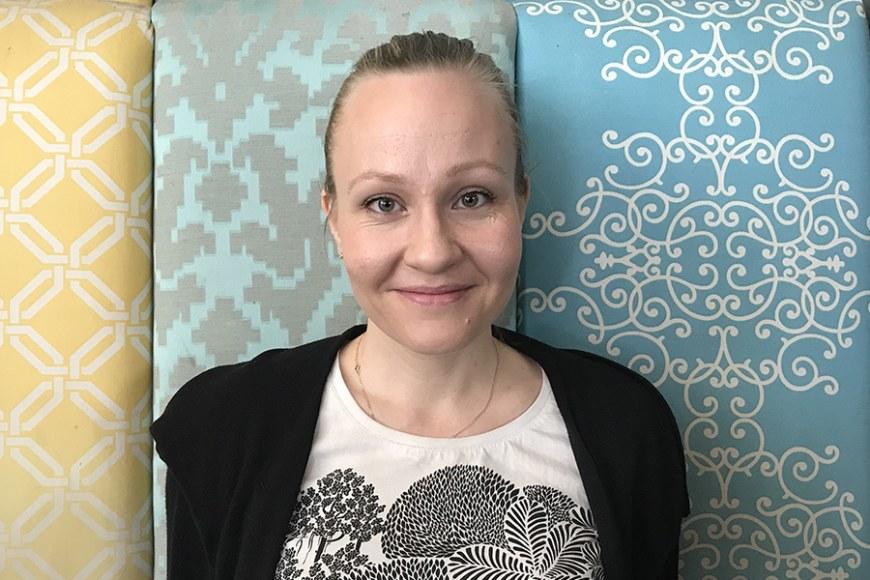
Water services are invaluable for societies. Yet, over half of the global population lacks safe sanitation systems and almost one third safely managed drinking water. In addition, most of the wastewater globally is discharged without any treatment, and a significant part of the water infrastructure is aged and requires renewal. Natural disasters and extreme weather phenomena, caused by climate change, can disrupt water supply, for example. Coupled with population growth and rapid urbanization, demand and competition for water are likely to intensify. On the other hand, due to un-inhabitation in rural areas, provision of water services can become unfeasible.
In her doctoral dissertation Inha researched factors, which improve the resilience of water services. To clarify the meaning of resilience Inha uses a car analogy.
“Imagine that you are driving somewhere with a car. To get moving, the car needs to function; thus, you have maintained it regularly as well as paid for it. The car alone, however, is not enough to get you to your destination, you need to know how to drive it and therefore you have taken driving lessons. When driving, you follow traffic rules and react to changing conditions on the road. In addition, the advice for mom and dad might have an impact on your behavior,” Inha explains.
Resilience is all that. Similarly, resilient water services require functioning and maintained technologies and infrastructure. In operating and managing the services, skilled people and organizations, as well as legislation, regulation and polices are needed. Achieving resilience requires also timely financing and monitoring changing conditions.
Resilience is based on inclusive water services
From governance point of view, ensuring water services entails considering local conditions, clarifying roles, improving stakeholder collaboration, and considering different scenarios in strategic planning. Open data can further support planning and forecasting. Education and communication, on the other hand, can increase awareness about water services.
“Nevertheless, the foundation of resilience, everywhere in the world, is inclusiveness. Often, inclusiveness is discussed in relation to developing economies, but also in developed economies attention must be paid to the inclusiveness of water services for example in sparse rural areas or for homeless,” notes Inha.
Laura Inha is from Tampere and she is currently working for the City of Tampere as a Development Manager of the climate and environmental policy unit as well as the Sustainable Tampere 2030 program. Her doctoral dissertation was made in the Capacity Development of Water and Environmental Services group CADWES at Tampere University.
The doctoral dissertation of M.Sc. Laura Inha in the field of water services engineering titled Developing policies for resilient water services will be publicly examined in the Faculty of Built Environment at Tampere University at 12 o’clock on Friday 10 December 2021 in auditorium RG202 of the Rakennustalo building, Korkeakoulunkatu 5, 33720 Tampere. The Opponents will be Professor Sveinung Sægrov, Norwegian University of Science and Technology (NTNU) from Norway and Professor Christelle Pezon, International Institute of Management, Conservatoire National des Arts et Métiers from France. The Custos will be Adjunct Professor Tapio S. Katko from the Faculty of Built Environment, Tampere University.
The dissertation is available online at http://urn.fi/URN:ISBN:978-952-03-2201-4 and as a one-minute whiteboard animation on Youtube starting Dec 1, 2021.
The event can be followed also via remote connection (Zoom).
According to the latest coronavirus policy, anyone coming to a dissertation defence from outside the university community must present their COVID-19 Certificate and their ID upon arrival. University employees must present their staff ID and students their student ID.
Photo: Mara Precoma
